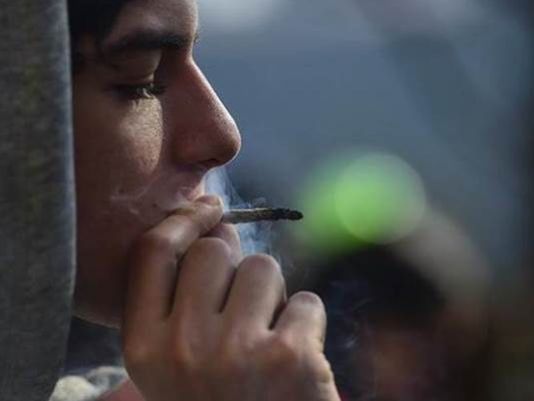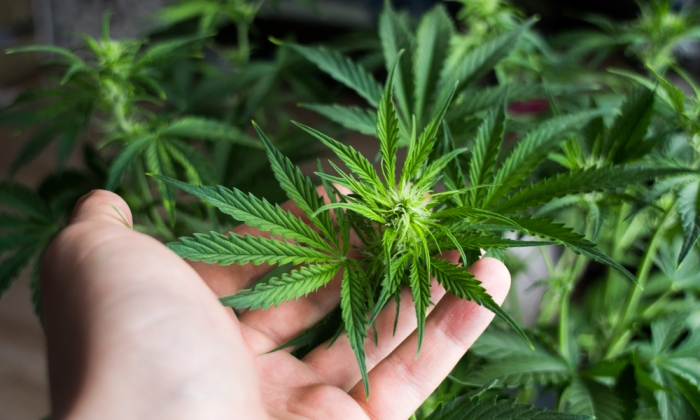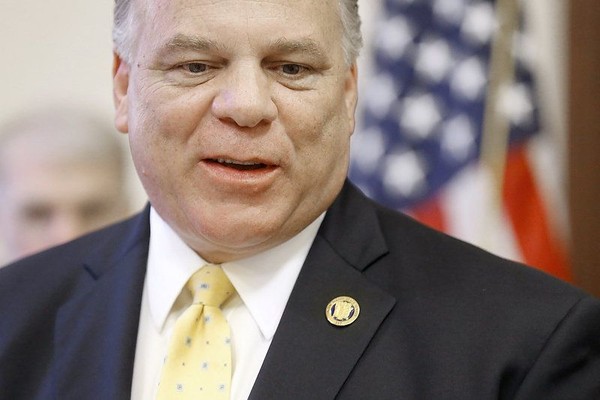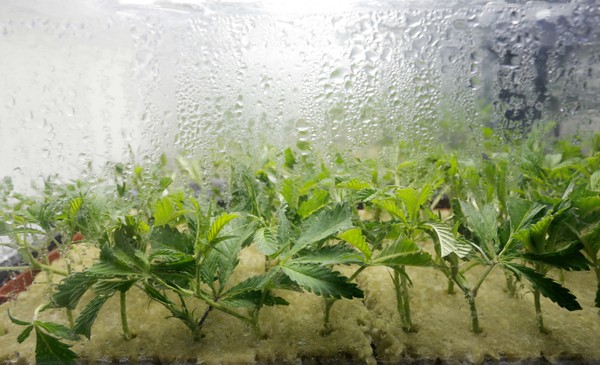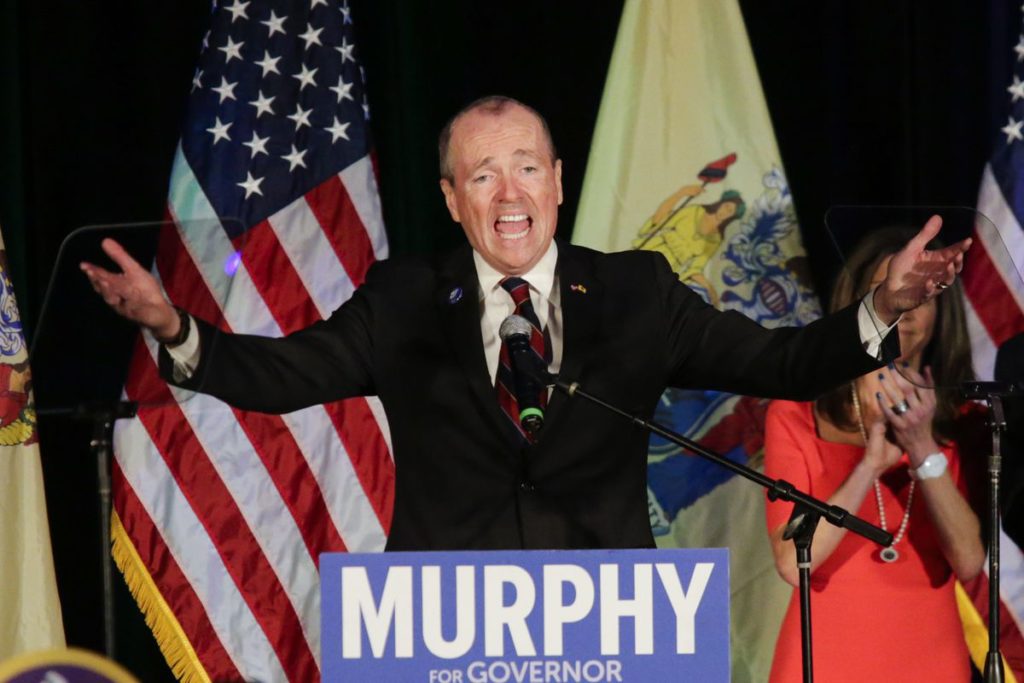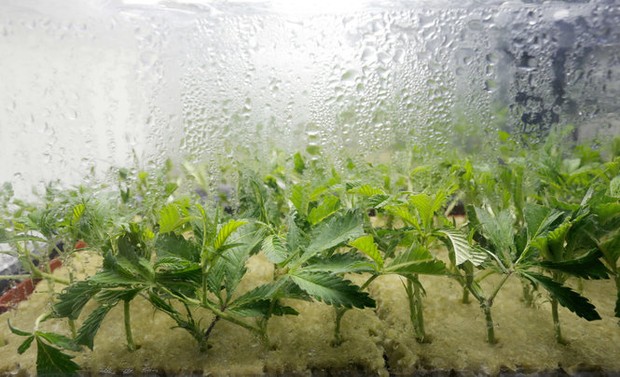Gov. Phil Murphy announced changes to New Jersey’s medical marijuana program Tuesday, broadening access to a program that his Republican predecessor tightly controlled for much of its existence.
The expansion, announced at a news conference in Trenton, could allow “thousands” of people to enroll in the state’s medical marijuana program, Murphy, a Democrat, said in a Twitter post Monday night. He said Tuesday that New Jersey “should have been at the front of the class” when it legalized medical marijuana in 2010, but the law was stifled under his predecessor, Republican Chris Christie, by limiting access and adding “bureaucratic nonsense” for patients.
“The days of making residents jump through hoops are coming to an end,” Murphy said at the news conference, where dozens of advocates filled his office’s media room. “We will have a medical marijuana program that is passionate, that is progressive and that, at long last, meets the needs of patients.”
The current program has about 18,000 people enrolled in it and Murphy has argued that its rules were too restrictive. Medical marijuana was legalized just before Christie took office, but he viewed it as a “front for legalization” and narrowly limited its use.
Murphy separately wants to legalize marijuana for recreational use, but has said he first wants to expand its medical use. One of his first executive orders after taking office from Christie in January was ordering an evaluation of the existing rules, a precursor to Tuesday’s announcement.
The changes, outlined in a Department of Health report, include adding five new categories of qualifying conditions to enroll in the medical marijuana program, including anxiety and migraines. Those conditions take effect immediately. Another immediate change is a reduction in the registration fee, to $100 from $200.
Murphy is also elevating the medical marijuana program to a division within the health department. That division will be led by Jeffrey A. Brown, who begins next week and will report to principal deputy commissioner Jackie Cornell.
Marijuana revenues planned
Murphy’s proposed budget for the upcoming 2019 fiscal year assumes $20 million in revenue from medical marijuana, a major increase from the $1.6 million in revenues the Department of Health budgeted in the 2017 fiscal year.
Murphy said his actions Tuesday have no effect on his broader effort to legalize recreational marijuana, for which he has anticipated an additional $60 million in revenues in the upcoming year. But that faces significant challenges in the Legislature, which is led by fellow Democrats.
As Murphy spoke in Trenton, the Legislative Black Caucus, which has been largely skeptical of legalization, held its second hearing on the topic. About 150 people attended the session at an African American church in Elizabeth.
State Sen. Nicholas Scutari, D- Union, who sponsored a bill to create a legal marijuana market, told attendees that drug laws disproportionately lead to arrests and prosecutions of black Americans. In an interview after his comments to the group, Scutari hailed Murphy’s expansion of medical marijuana but said the state still should move forward on a non-medical market.
“In most states that went to recreational (use), it generally started with a medical program,” Scutari said.
He added that New Jersey shouldn’t settle for a more permissive medical marijuana program.
“How many more people do we want to be arrested?” he said. “How much more money do we want to see wasted?”
credit:northjersey.com

